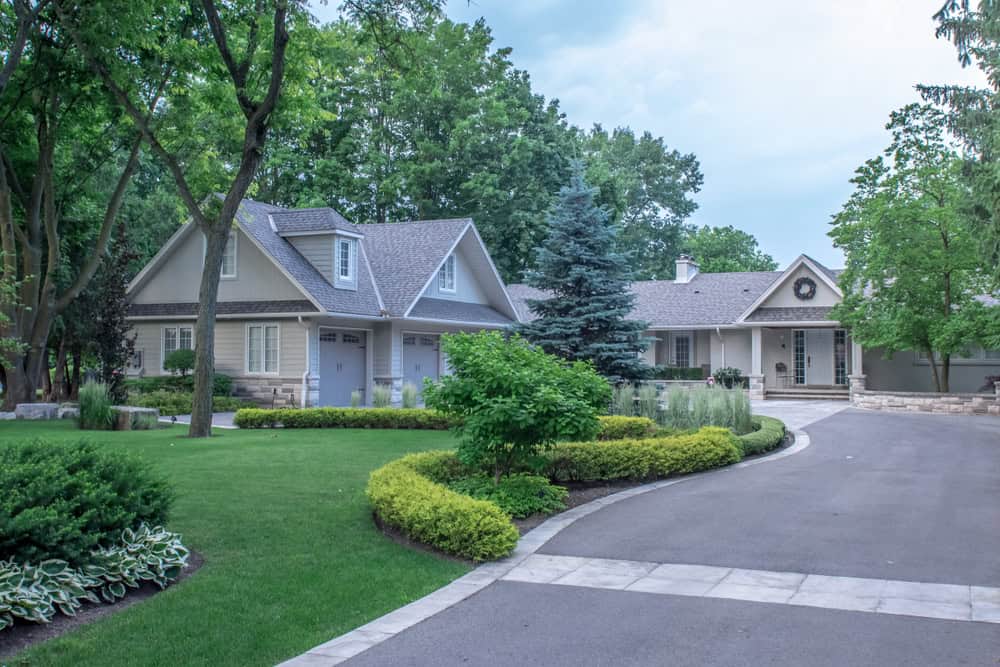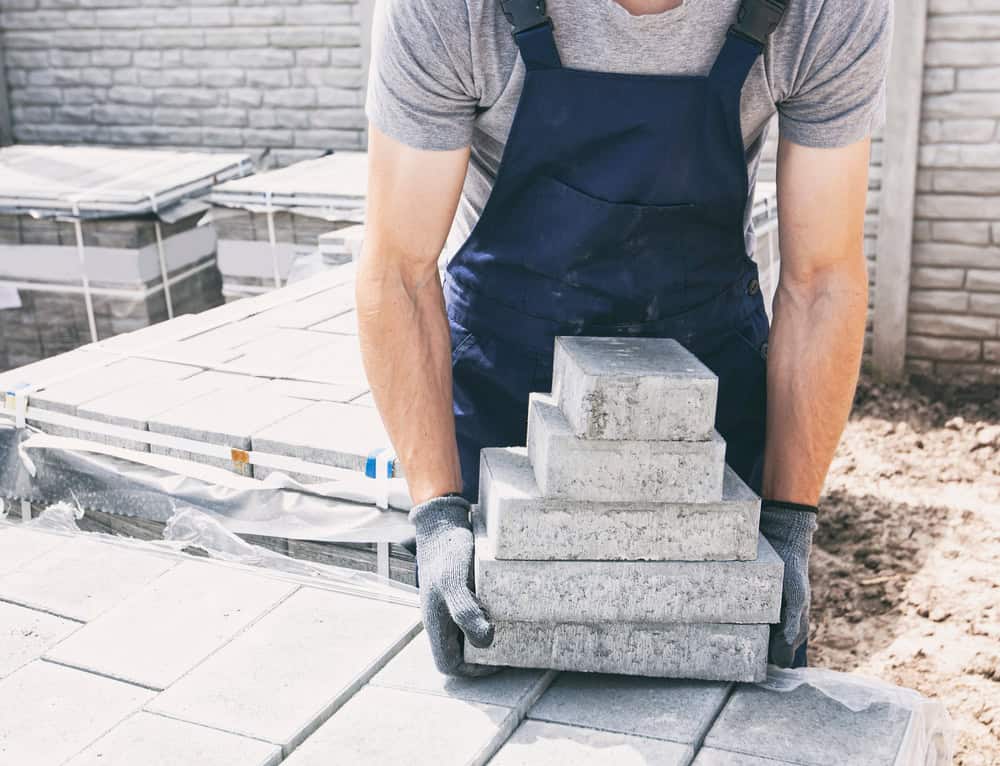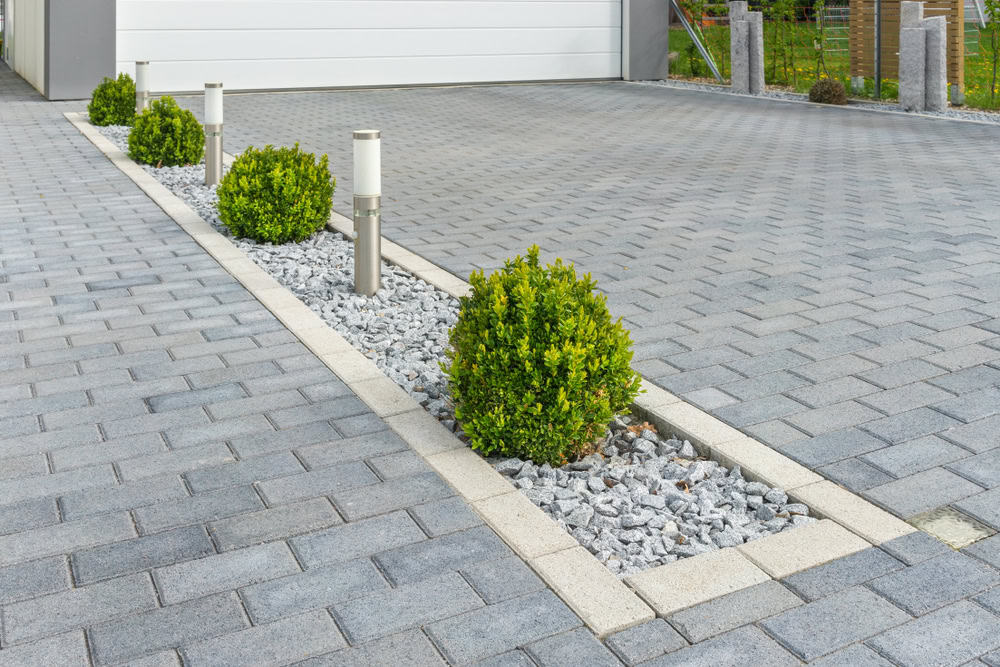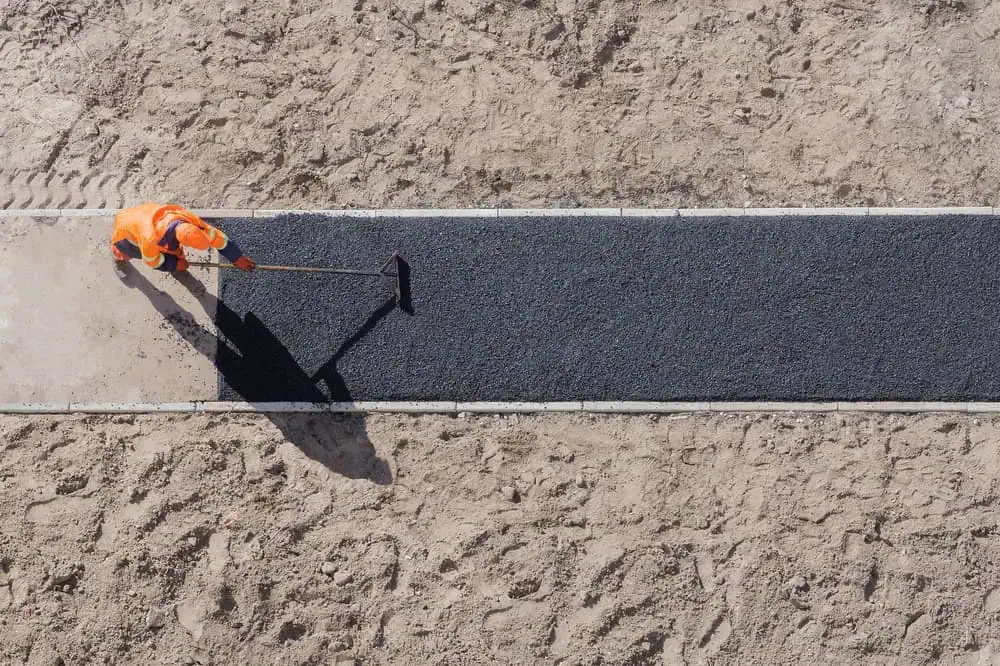Professional paver installation that handles New England weather and looks great for decades.


You get an outdoor space you actually want to use. No more looking at that cracked concrete patio or muddy backyard and thinking “someday we’ll fix that.”
Professional paver installation means your patio becomes the place where you have morning coffee, host summer barbecues, and actually enjoy being outside. The pavers stay level, the joints stay tight, and the whole thing looks as good in year ten as it did on day one.
Your property value goes up too. Quality hardscaping isn’t just about today – it’s an investment that pays back when well-installed pavers become a selling point instead of something you have to explain away.
Academy Masonry has been installing pavers in Hyde Park and surrounding areas for years. We understand the soil conditions here, the drainage challenges that come with New England weather, and what it takes to build hardscaping that lasts.
We’re not the crew that shows up, throws down some pavers, and disappears. We do the base work right, handle the grading properly, and make sure your project is something you’ll be happy with for decades.
You’ll work with the same team from estimate to completion. No subcontractors, no surprises, no wondering who’s actually doing the work.

First, we evaluate your space and talk through what you want. No high-pressure sales pitch – just a conversation about your goals, timeline, and budget.
Next comes the real work: proper excavation and base preparation. This is where most paver jobs succeed or fail. We dig to the right depth, install proper drainage, and create a stable base using the right materials for Hyde Park soil conditions.
Then we install your pavers with precise leveling and proper joint spacing. Every paver gets checked, adjusted, and locked into place. We finish with edge restraints and joint sand that keeps everything tight and stable.
You get a final walkthrough where we explain maintenance (spoiler: there’s not much) and answer any questions. The whole process typically takes 3-5 days depending on project size.

Ready to get started?
Every paver installation includes proper excavation, base preparation with crushed stone, landscape fabric, and precise grading for drainage. We handle permits if needed and protect your existing landscaping during construction.
You get your choice of paver styles, colors, and patterns. We work with quality suppliers and can show you options that complement your home’s architecture and your personal style. Brick pavers, concrete pavers, natural stone – whatever fits your vision and budget.
The installation includes edge restraints, polymeric joint sand, and a thorough cleanup. We also provide maintenance instructions and warranty information so you know exactly how to keep your new pavers looking great.
Most Hyde Park projects involve working around existing landscaping, sprinkler systems, or drainage issues. We handle these challenges as part of the job, not as expensive extras that surprise you later.
